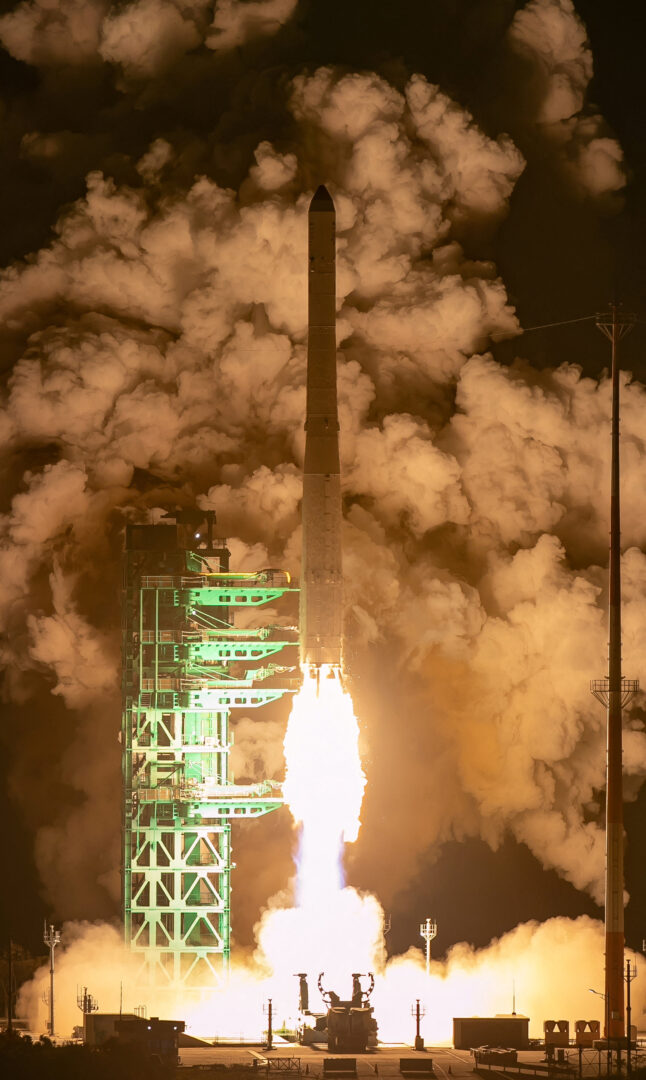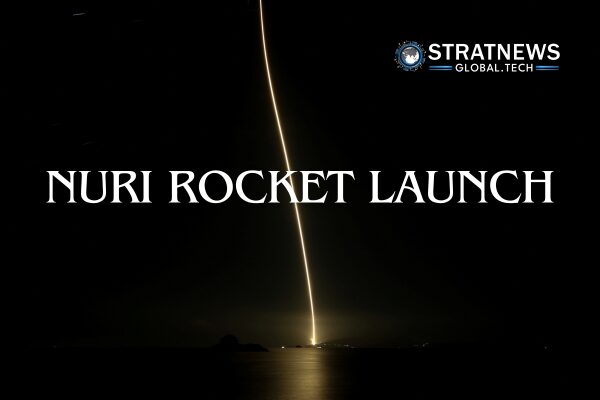South Korea Launches Fourth Homegrown Nuri Rocket with Private Sector Participation
South Korea successfully launched its fourth domestically developed space rocket, Nuri, early on Thursday, marking a key step in expanding private-sector involvement in the nation’s space industry. The Science Ministry confirmed that the rocket placed more than a dozen satellites into orbit, marking the first launch carried out in partnership with a private company.

Private Sector Takes the Lead
The latest Nuri launch represents a milestone in South Korea’s space ambitions. While the programme began in 2021 under government leadership, this mission saw local company Hanwha Aerospace take charge of manufacturing and assembly, using technology transferred from the government. Another firm, HD Hyundai Heavy, operated the launchpad. The collaboration highlights South Korea’s strategy to strengthen its commercial space capabilities through partnerships with domestic companies.
Successful Launch and Satellite Deployment
The Nuri rocket lifted off from the Naro Space Center in Goheung, on the country’s southern coast, at 1:13 a.m. local time (1613 GMT Wednesday). A live broadcast by the Korea Aerospace Research Institute captured the rocket soaring into the night sky. According to the Ministry of Science and ICT, the main commercial-grade satellite, along with 12 cube satellites, successfully entered orbit. This marks another successful milestone in South Korea’s push to establish an independent space launch capability.
Expanding Future Space Goals
President Lee Jae Myung praised the achievement, noting it was the first time private companies had participated in every stage of the process. He said the success demonstrates the independence of the nation’s science and technology, laying the foundation for future generations. The government plans to conduct a total of six Nuri rocket test launches by 2027. By transferring technology to private firms such as Hanwha Aerospace, South Korea aims to enhance industrial competitiveness and strengthen its role in the global aerospace sector.
with inputs from Reuters


